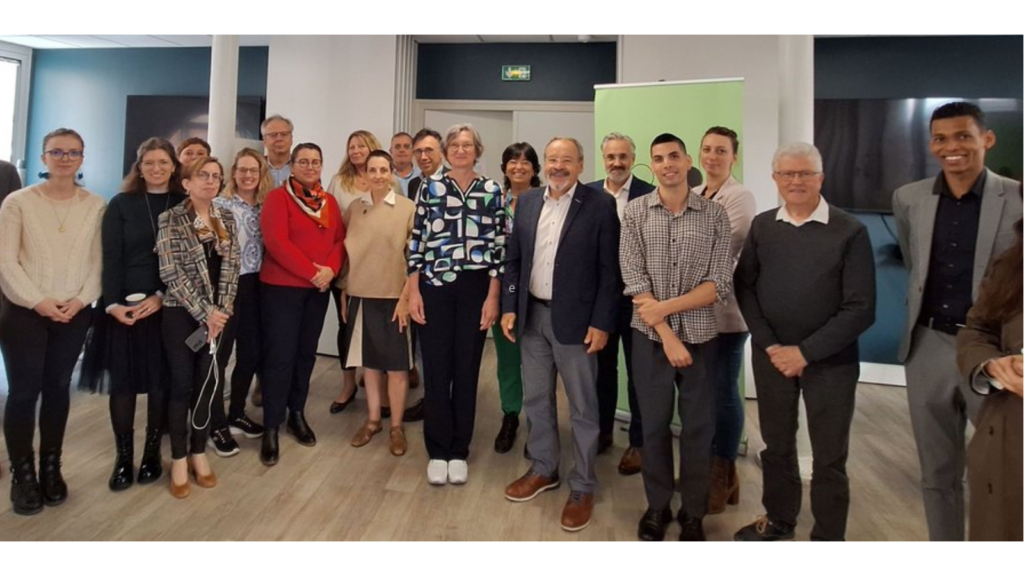European lawmakers voted in favour of a non-binding report calling for increased spending on education and culture in order to combat the decline in the mental health of children and young people.
The report was approved with 522 votes in favour and 12 votes against on 13 September 2022. While between 10-20% of children and young people face mental health problems prior to the pandemic and multiple lockdowns, the report states that this number now lies at approximately 20-25%.
Members of the European Parliament say that closures of early childhood education and care providers, schools, spaces for youth work, cultural spaces and sports facilities have produced lasting effects on the mental health of many children and young people in the EU, having occurred during a critical period of their lives.
They urge the Member States to substantially increase public spending in education and training to above the EU average (5.00% of GDP in 2020) and invest in improving mental health services and awareness in schools and promotion of mental health literacy of education personnel.
They also call on the Member States and the Commission to break the stigma and the silence around mental health issues and launch an EU-wide campaign to raise awareness on mental health in educational and vocational institutions. They also point to the significant regional gaps across the EU in access to mental health and the constraints in some Member States in the reimbursements of psychotherapy from public health budgets.




